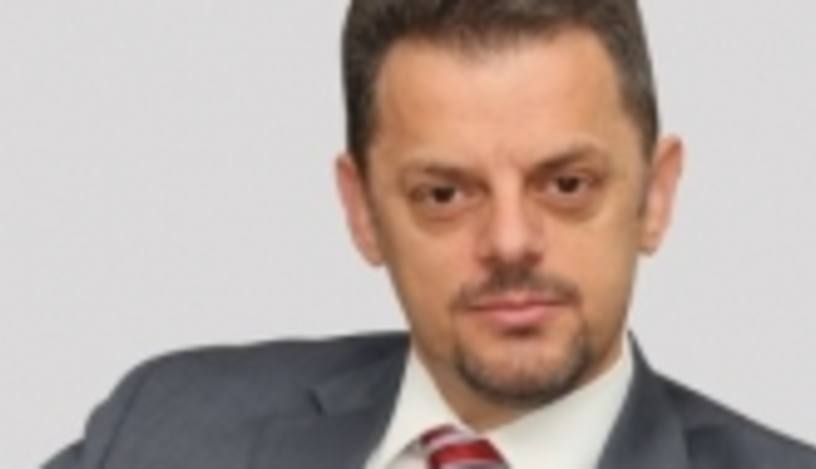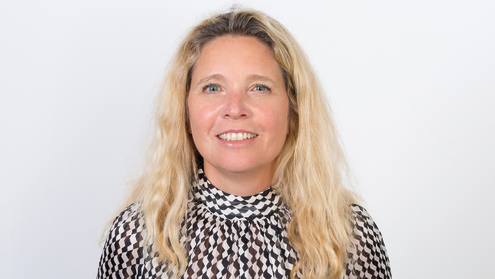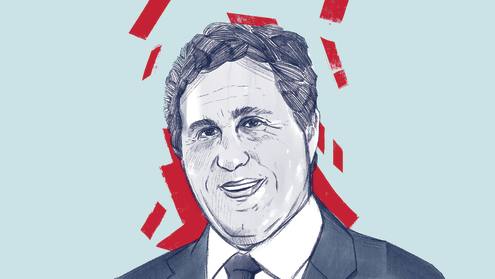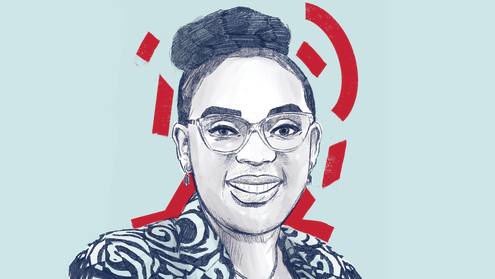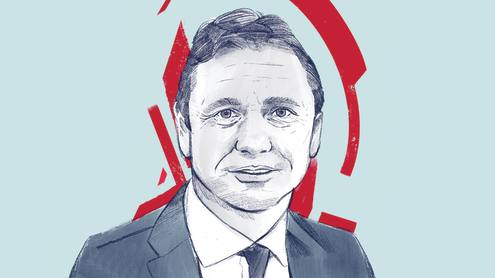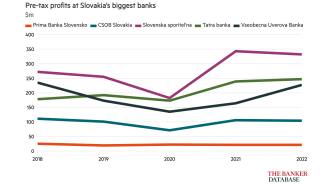Q: What is the broad economic outlook for Macedonia?
A: Macedonia is a dynamic economy. We have been able to achieve growth of 3.3% in 2013, which was one of the best in Europe. We did the same in 2010 and 2011 when most of Europe was in recession. Unemployment has been reduced, although it is still significant; our budget and public finances are in order and our total debt is at a sustainable level. Our general government debt is 34% of gross domestic product [GDP].
Q: How is Macedonia’s banking sector progressing?
A: The banking sector has been one of the pillars of growth. It stayed sound and stable during the crisis and provided the necessary credit support for the private sector. It is well supervised by the central bank, which applies all Basel criteria. The sector is three-quarters owned by foreign institutions.
The capital adequacy ratio is at 17%, which is almost twice as high as the regulations stipulate. There were no spillover effects from the banking crisis in Europe, mainly because domestic banks have relied on domestic deposits rather than on foreign funding. Our loan-to-deposit ratio is still below 100%; it is 90% and so very stable.
Q: Macedonia’s credit-to-GDP ratio is also low at 45%. Should banks be lending more?
A: Credit activity was not as strong as in some other countries. There is a lower credit-to-GDP ratio in Macedonia than in many other countries, which shows there is room for an increase… [provided the lending is to] profitable projects that are not going to increase the rate of non-performing loans in the banking sector. What we expect from the perspective of the Macedonian banking sector is probably a consolidation – so not more banks, but stronger banks. In this context we are very much open to new investors who are willing either to buy existing banks or establish their presence in Macedonia.
Q: Macedonia came 25th in the latest World Bank’s Ease of Doing Business ranking. How have you made it easier to do business in Macedonia?
A: There is no other way but through having the right staff and making consistent reforms. Macedonia is a small country and attracting investors in a small and landlocked country is not an easy job. First you need to put things in order. You need to improve significantly the business environment and the existing infrastructure. You need to have a labour force that has good skills and is competitive, not only in terms of cost, but also in terms of quality.
So this is what we did over the past couple of years. We invested a lot in infrastructure and we invested about 6% of GDP in education. We also implemented various reforms in order to streamline procedures, reduce bureaucracy and make the business environment as easy as possible.
The flat tax was one of the most important reforms in 2006, which was followed up by reforms in the regulatory environment, in property rights, the judiciary and all other areas that are important for investors. This is how we improved our ranking. We were ranked 94th in 2006 and now currently we are 25th in the world. We are well ahead of 17 members of the EU.
So the challenge for us as a government is basically to stay consistent and constantly adapt, and to improve the business environment because that is how you meet the challenges and the needs of the private sector.
Q: How is Macedonia progressing with joining the EU? The Greeks opposes Macedonia joining because the country’s name is highly symbolic for them.
A: Macedonia has been a candidate for EU membership since 2005 and we are now compliant [with EU requirements] and we have harmonised our legislation with EU legislation. So on the pure merits, on the pure criteria, we deserve to be a member of the EU and at least to open negotiations.
However, this is a world in which irrational issues sometimes become important and one of these is the name issue with Greece, our neighbour, objecting to our membership of the EU because of our name. We are trying to establish dialogue with the government but because of their own internal situation and the economic problems in Greece, for the time being there is no counterpart on that side to talk to about these issues. We will keep trying to reach an understanding and become a member of the EU.



